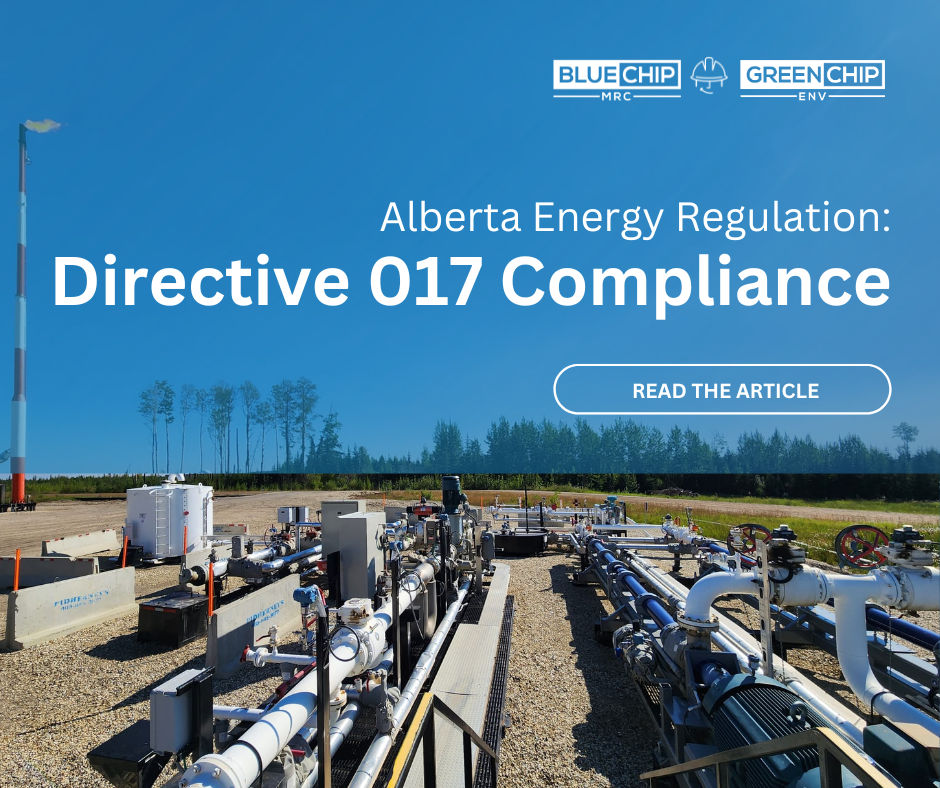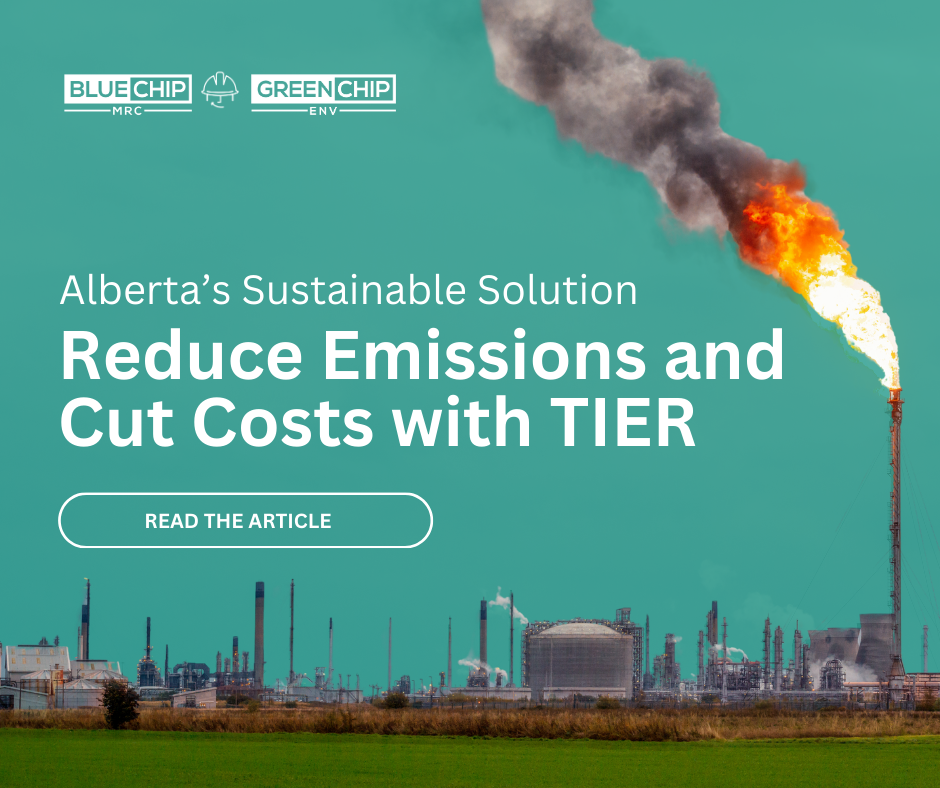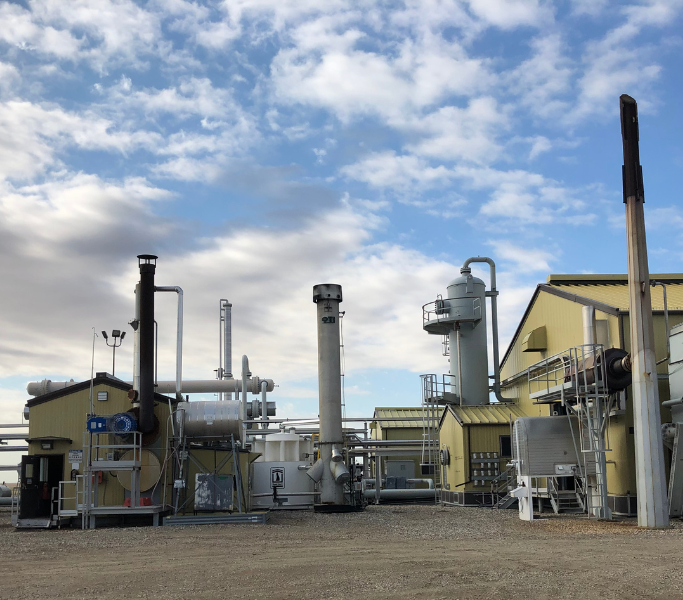In environmental regulations and standards, there often exists a perplexing duality in terminology that leaves many scratching their heads. One such instance is the contrast between the industry’s term “fugitive emissions” and the federal level’s term “greenhouse gases”. At first glance, it may seem like we’re referring to two entirely different concepts, but upon closer examination, it becomes evident that they essentially signify the same crucial environmental concern.
Fugitive Emissions
Fugitive emissions, a term commonly utilized within industrial contexts, pertains to the unintended release of gases or vapors into the atmosphere during various industrial processes. These emissions often stem from leaks, spills, or other unforeseen events, and they encompass a spectrum of harmful substances, including volatile organic compounds (VOCs), methane, and other pollutants. Fugitive emissions not only contribute to air pollution but also pose significant environmental and health risks to surrounding communities.
Greenhouse Gas (GHG)
On the other hand, the term greenhouse gases is predominantly associated with governmental policies and regulations aimed at mitigating climate change. In Canada, federal initiatives such as the Greenhouse Gas Pollution Pricing Act underscore the nation’s commitment to reducing emissions of greenhouse gases (GHGs) to combat global warming and its adverse effects. GHGs, which include carbon dioxide (CO2), methane (CH4), nitrous oxide (N2O), and fluorinated gases, trap heat in the Earth’s atmosphere, leading to the greenhouse effect and subsequent climate change.
So, why the disconnect?
The divergence in terminology reflects the distinct perspectives and priorities of different stakeholders within the environmental landscape. Industries focus on operational efficiency, risk management, and compliance with local regulations, hence the emphasis on fugitive emissions as a tangible aspect of industrial processes. Meanwhile, governments and regulatory bodies prioritize broader environmental objectives, such as reducing overall greenhouse gas emissions to meet international commitments and address climate change on a global scale.
One promising avenue for integration lies in our Blue Chip approach, we understand fugitive emissions and greenhouse gas projects, and are here to assist you in environmental field services and annual reporting requirements.
In conclusion, while the terminology may differ, the imperative remains the same: to safeguard our planet and future generations by reducing emissions, mitigating environmental impact, and promoting sustainable practices. By transcending linguistic barriers and embracing a unified vision of environmental compliance, we can forge a path towards a cleaner, greener, and more resilient future for all.
If you have a field project or reporting you need fractional support with, count on our team at Blue Chip and Green Chip! Contact us today to get started info@bluechipmrc.com




